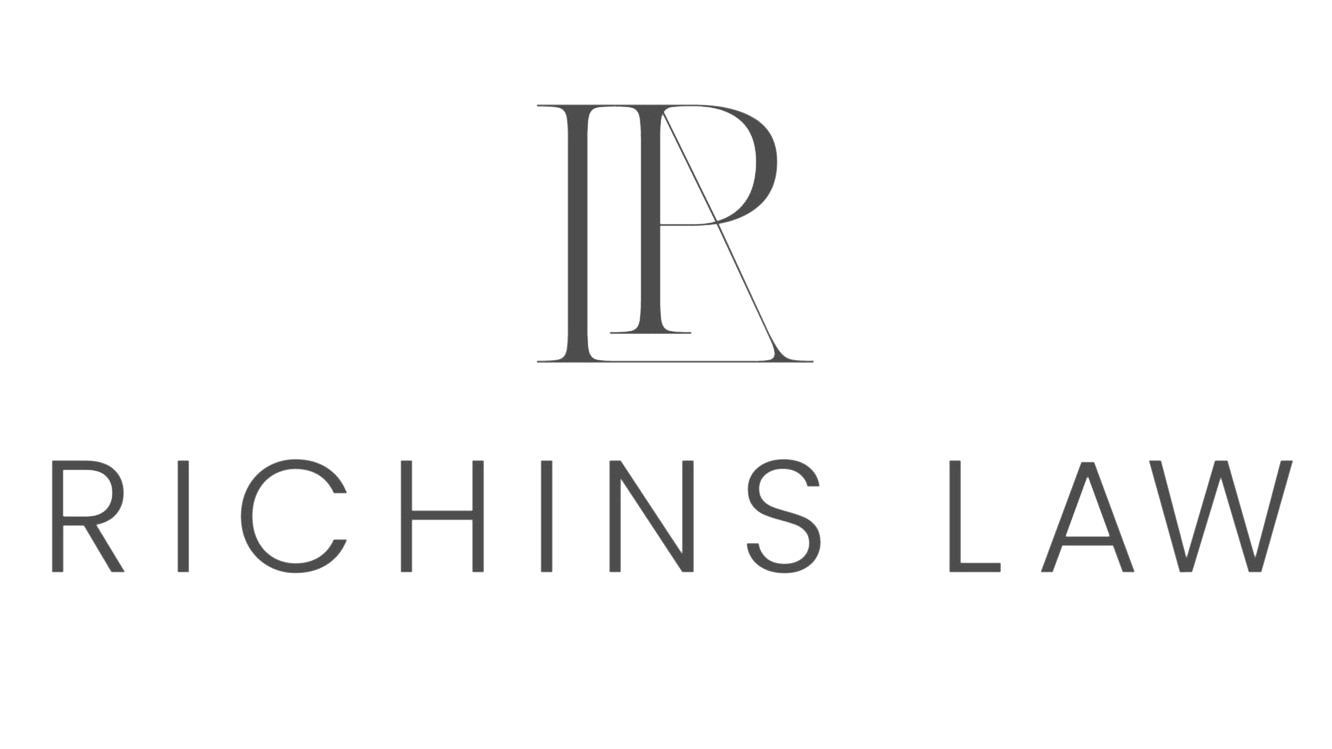Trademark FAQ’S
The trademark registration process can vary depending on several factors, including the country and the complexity of the application. Currently, the average time to receive registration or a final decision on abandonment is about 14 months from the date of filing.
Trademark protection costs can include government filing fees, attorney fees, and costs for comprehensive searches. While the initial investment varies, this protection is invaluable for securing your brand’s identity and future growth. Contact us for a personalized estimate based on your specific needs.
Eligibility for trademark protection depends on distinctiveness and non-conflict with existing trademarks. Our team at Richins Law conducts thorough trademark searches and analyses to ensure your mark is unique and eligible for registration.
If the owner of the trademark is outside the United States, they must have a U.S. attorney to file a trademark application with the USPTO. Our team performs thorough trademark searches and analyses to help assess the distinctiveness and registration prospects of your mark.
If someone infringes on your trademark, you have legal grounds to take action, including sending a cease-and-desist letter or pursuing litigation. Richins Law offers robust enforcement and monitoring services to protect your brand against infringement effectively.
Although the USPTO does not require a comprehensive trademark search before filing, conducting one is essential to identify any conflicting marks and assess the likelihood of successful registration. Taking this step can help prevent costly disputes and potential rejections later in the process.
Absolutely. You can file separate trademark applications for your business name and logo. Our team can guide you through the process to ensure both elements of your brand receive the protection they deserve.
If your application is refused, don’t worry—our experienced attorneys can help you understand the reasons for refusal and explore options for refiling or amending your application to improve its chances of success.
While it’s not legally required, having a lawyer assists in navigating the complex trademark application process, ensuring compliance, and enhancing the likelihood of successful registration. Richins Law provides tailored legal support to safeguard your intellectual property.
To keep your trademark active, the first renewal is required between the 5th and 6th years after it is registered. During this time, you’ll need to file a Declaration of Use, confirming that the trademark is still in use. This is also a good time to file a Declaration of Incontestability, which can strengthen your rights to the trademark.
After that, renewals are required every 10 years to keep your registration. At each 10-year mark, you’ll file paperwork to confirm continued use and officially renew the trademark registration.
Our team can help manage your renewals so you can focus on growing your business.
Using a trademark filing service instead of an attorney has limitations. While these services can submit applications, they cannot legally represent you if the USPTO raises questions or issues a refusal—only a U.S.-licensed attorney can communicate with the USPTO on your behalf.
Filing services often lack the tailored guidance needed to meet USPTO standards, which could affect your application. Additionally, the USPTO warns that “low-cost” services can be scams, leading to lost money or identity theft. Only authorized U.S. attorneys can represent you in trademark matters, and using unauthorized services may put your application at risk.
For more details, see the USPTO’s guidance on avoiding scams and representation requirements.
